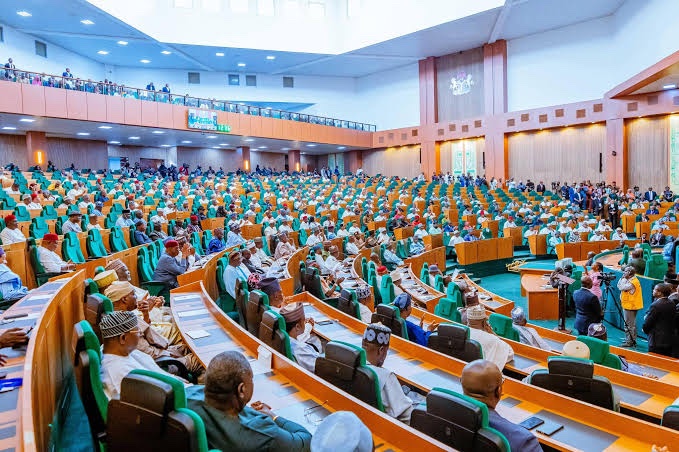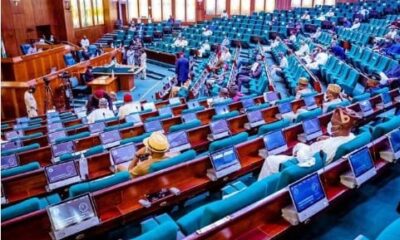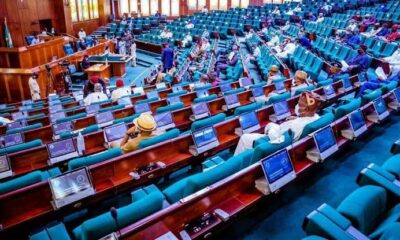National
“Golden Passport:Nigerian Lawmakers Consider Citizenship for Foreign Investors”

The House of Representatives in Nigeria has introduced a new bill aimed at granting Nigerian citizenship to major foreign investors. The proposal is designed to attract significant foreign investment into the country by offering citizenship as an incentive to those who contribute substantially to the nation’s economy.
The bill, which was recently presented in the House, seeks to amend existing laws governing citizenship to make provisions for foreign investors who meet specific criteria. Lawmakers supporting the bill argue that this move will boost economic growth, create jobs, and enhance Nigeria’s global business appeal. While Nigeria already has pathways for foreigners to obtain residency or citizenship through naturalization, this bill aims to streamline the process for investors who bring in substantial capital and resources.
Supporters believe the initiative could position Nigeria as a more competitive destination for foreign direct investment. By offering citizenship, the government hopes to encourage long-term commitment from investors, ensuring they contribute not only financially but also through skills transfer and infrastructure development. Proponents also highlight that similar policies exist in other countries where investment-based citizenship has successfully attracted wealthy individuals and business leaders.
However, the proposal is likely to spark debate among lawmakers and the public. Critics may raise concerns about national security, economic exploitation, and the potential for wealthy individuals to gain citizenship without necessarily benefiting ordinary Nigerians. There may also be discussions on the criteria for qualifying as a “major investor” and whether safeguards will be put in place to prevent abuse of the system.
As the bill progresses through legislative processes, it is expected to undergo scrutiny and possible amendments. The government will likely need to balance the benefits of increased investment with the concerns of citizens and stakeholders. Further details on the eligibility requirements, financial thresholds, and implementation mechanisms are yet to be fully outlined.
The proposal reflects Nigeria’s broader efforts to attract foreign capital amid economic challenges, including currency fluctuations, inflation, and the need for job creation. Whether this bill will pass into law remains uncertain, but it has already sparked significant interest and debate within political and economic circles.




